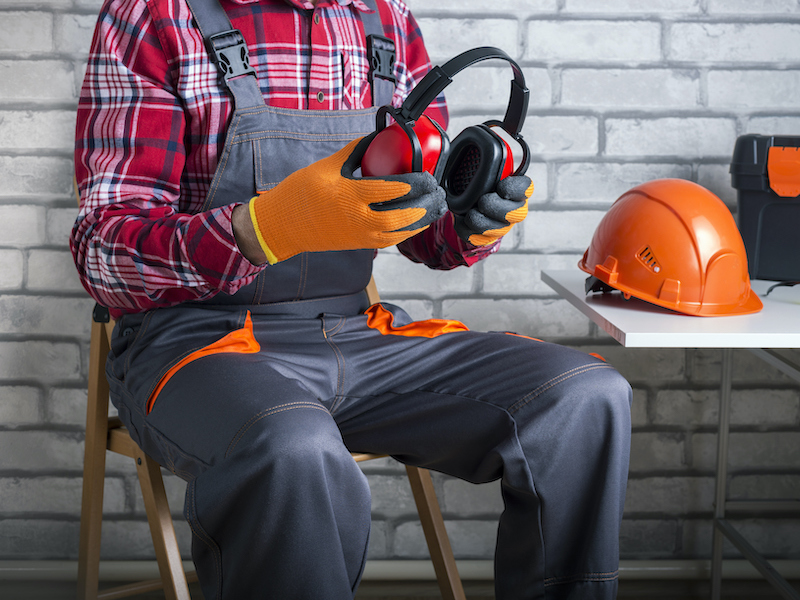
Your ability to hear is valuable – once it’s gone, the chance of getting it back in its natural form is slim to nil. But strangely, the general public tends to neglect hearing loss. In the US alone, one in eight individuals over the age of 12 copes with neglected and irreversible hearing loss.
Protecting your hearing from the start is the best and simplest way to prevent hearing loss, but if you’re already experiencing hearing loss you can recover much of your hearing with a hearing aid.
Safeguard your hearing with these five tips:
Earbuds should be avoided
Earbuds are one of the biggest dangers to hearing health today since they’ve come packaged with mobile devices going back to the first MP3 players in the early 2000s. Almost every smartphone on the market comes with a pair of these little devices that sit snugly in your ear and pump sound straight into your ear canal. Listening to a movie or music on your mobile device at maximum volume for only 15 minutes can lead to irreversible hearing loss. Over the ear style headphones, especially the ones with noise canceling technology, would be a better option. No matter what devices you use, you should stick to the 60/60 rule – keep the volume at 60% maximum and only use the devices for 60 minutes every day.
Lower the volume
Your hearing can be harmed by other things besides earbuds. If you regularly listen to the radio or TV at loud volumes over sustained periods, your hearing can also be harmed. Shooting ranges, concerts, construction zone, and other noisy settings should be avoided. Avoiding these scenarios may only happen in a perfect world, especially if you’re a construction worker or a musician. The next item on the list will be significant if you’re in this situation.
Utilize hearing protection
If you have hobbies or work in a loud environment, it’s crucial that you make use of hearing protection. 85 decibels over a period of 15 minutes is enough to cause hearing loss. To put that in perspective:
- Over a one hour visit to the indoor gun range, your ears are repeatedly subjected to gunfire that clocks in at over 150 decibels on average
- Most concerts are between 100 and 120 decibels with headliners usually playing for about an hour and 20 minutes
- The noise of a construction site can be above 130 decibels and many workers spend 40 or more hours a week there
If you participate in any of these activities, you need to get a good set of earmuffs or earplugs.
Take auditory breaks
Sometimes giving your ears a break is the best thing you can do. Even if you wear ear protection, if you are subjected to loud sounds like these for extended periods, you should take some quiet breaks to give your ears some time to rest. That means, you probably shouldn’t get into your car and start blaring loud music right after you come out of a 3-hour concert.
Check your medicine
Your hearing may be substantially impacted by the medication you use. Aspirin, anti-inflammatories, antibiotics, and certain heart and cancer medicines have all been proven to trigger hearing loss. Luckily, medication associated hearing loss normally only happens when more than one of these medications are taken together making it much less common.
Looking to find treatment for your hearing loss? Make an appointment with us for a hearing assessment.
Call Today to Set Up an Appointment
Resources
https://www.cdc.gov/nceh/hearing_loss/how_does_loud_noise_cause_hearing_loss.html
https://armeddefense.org/hearing-protection
https://www.uofmhealth.org/health-library/tf3092
